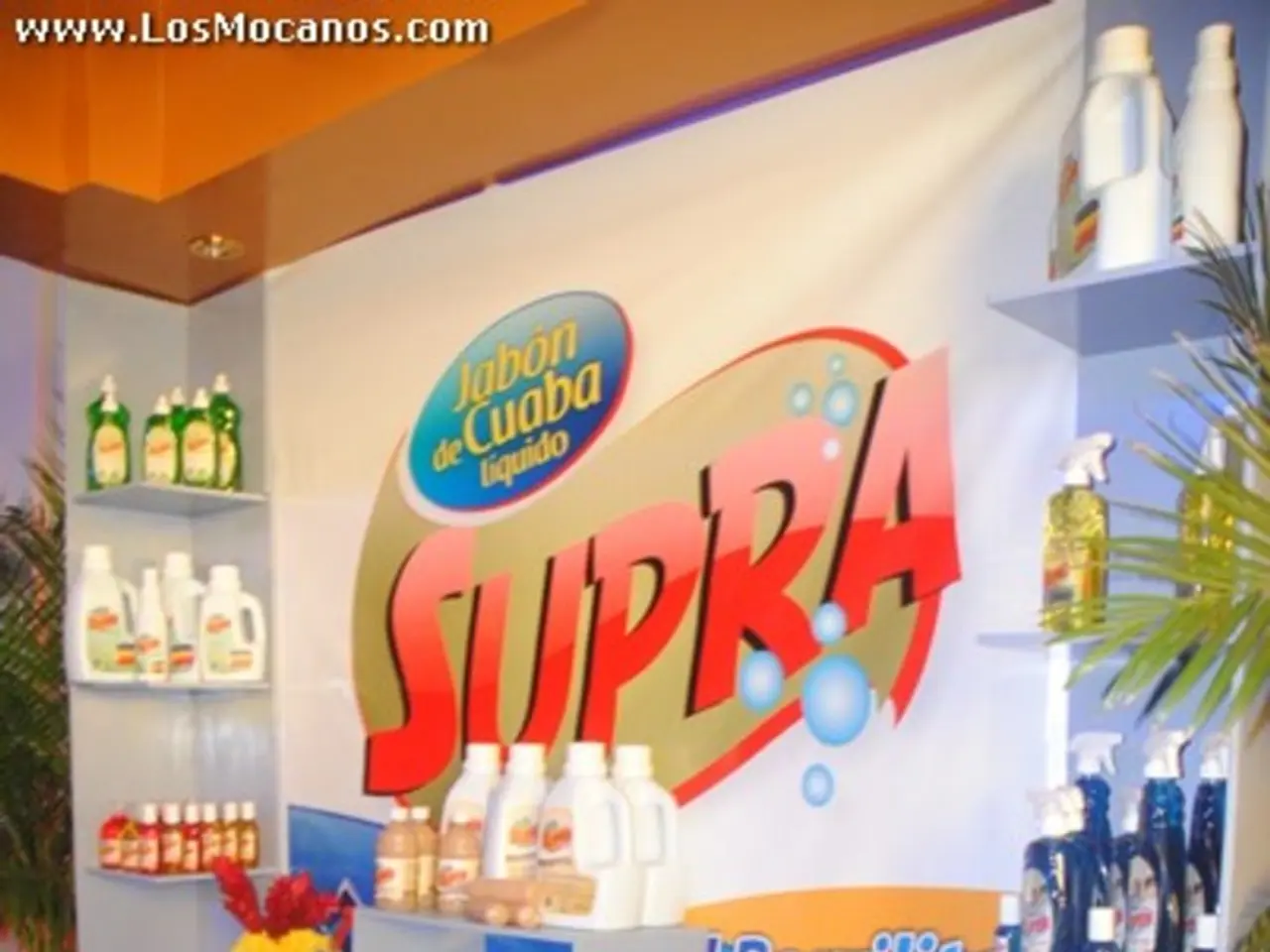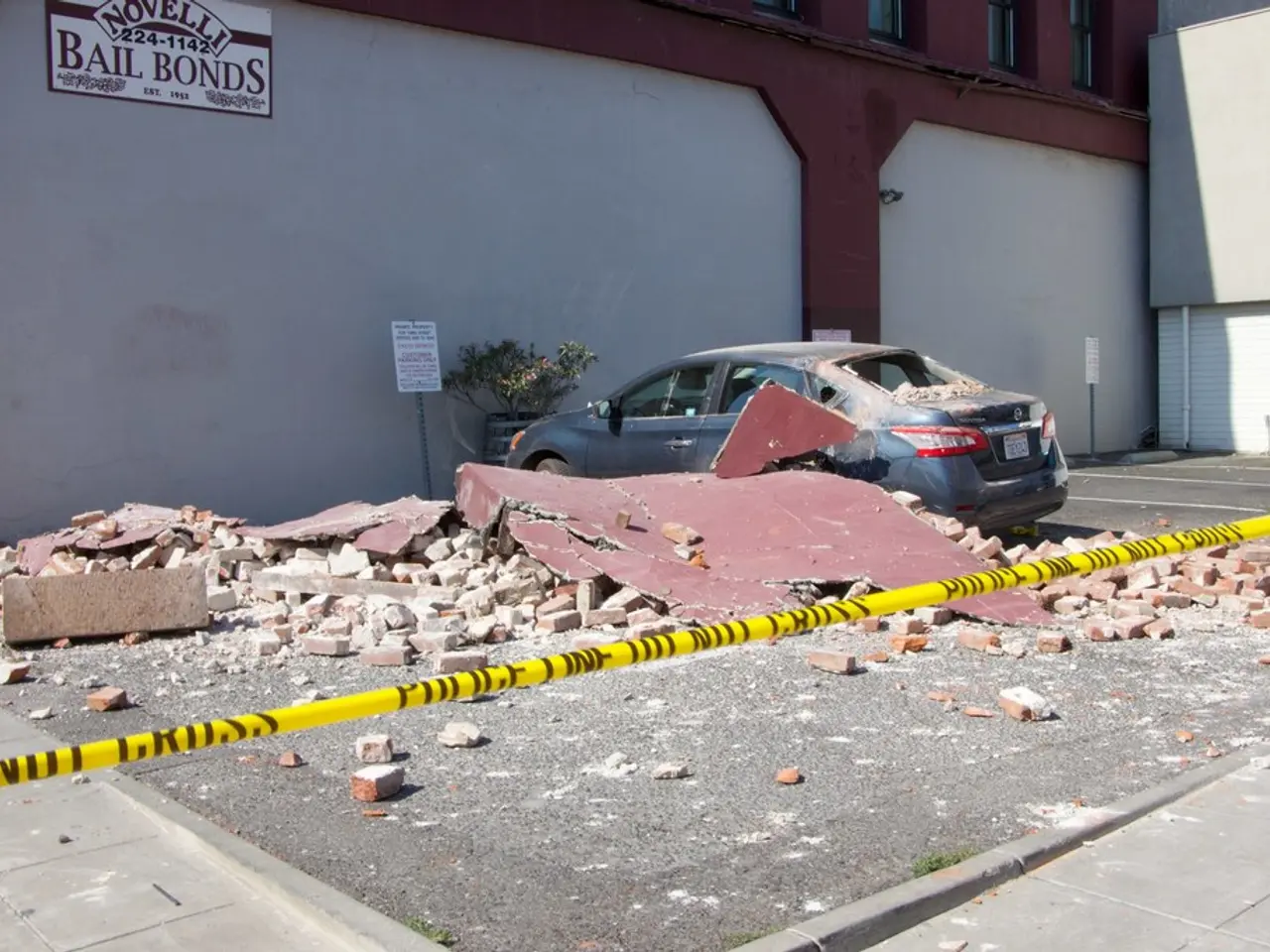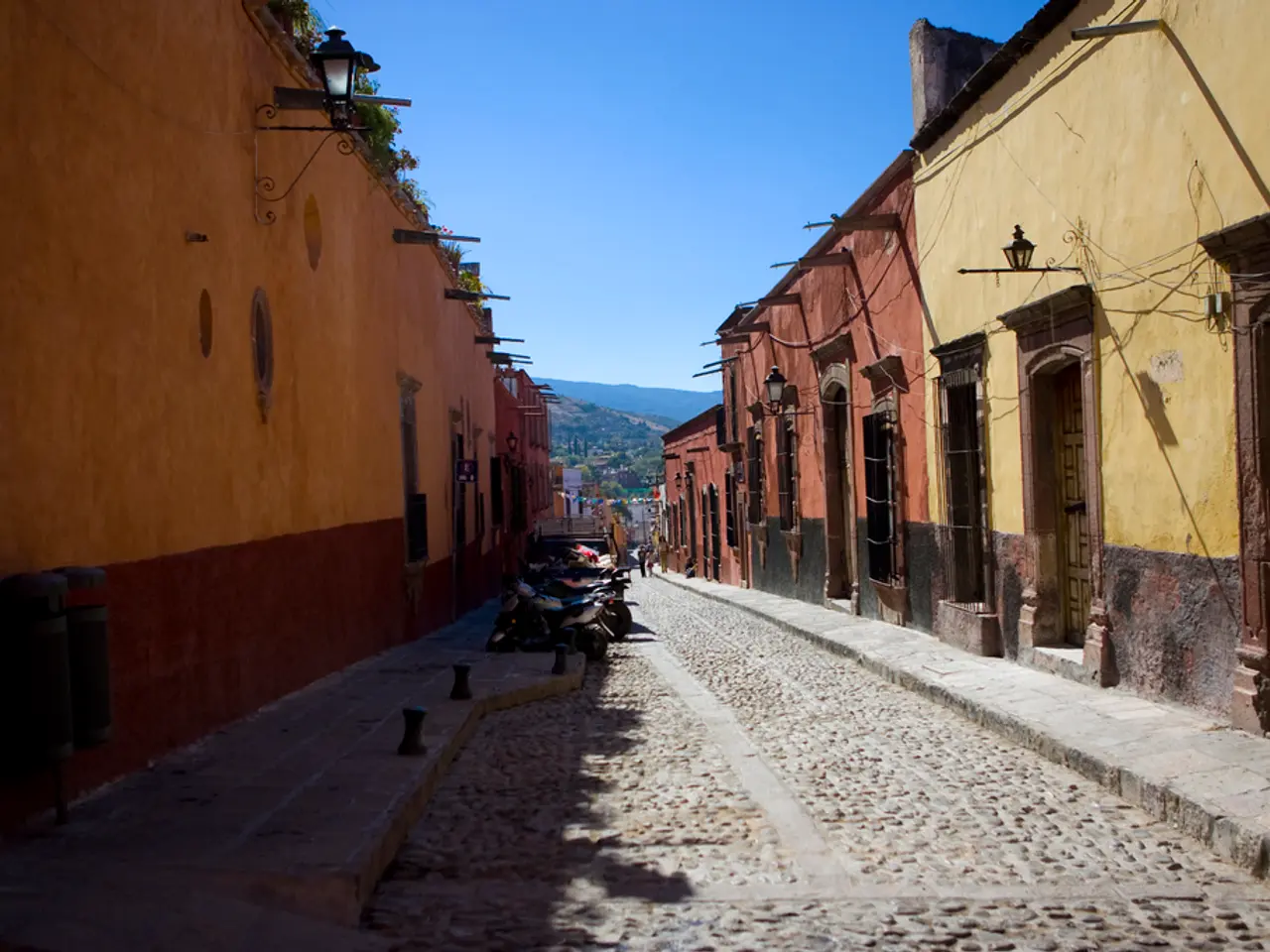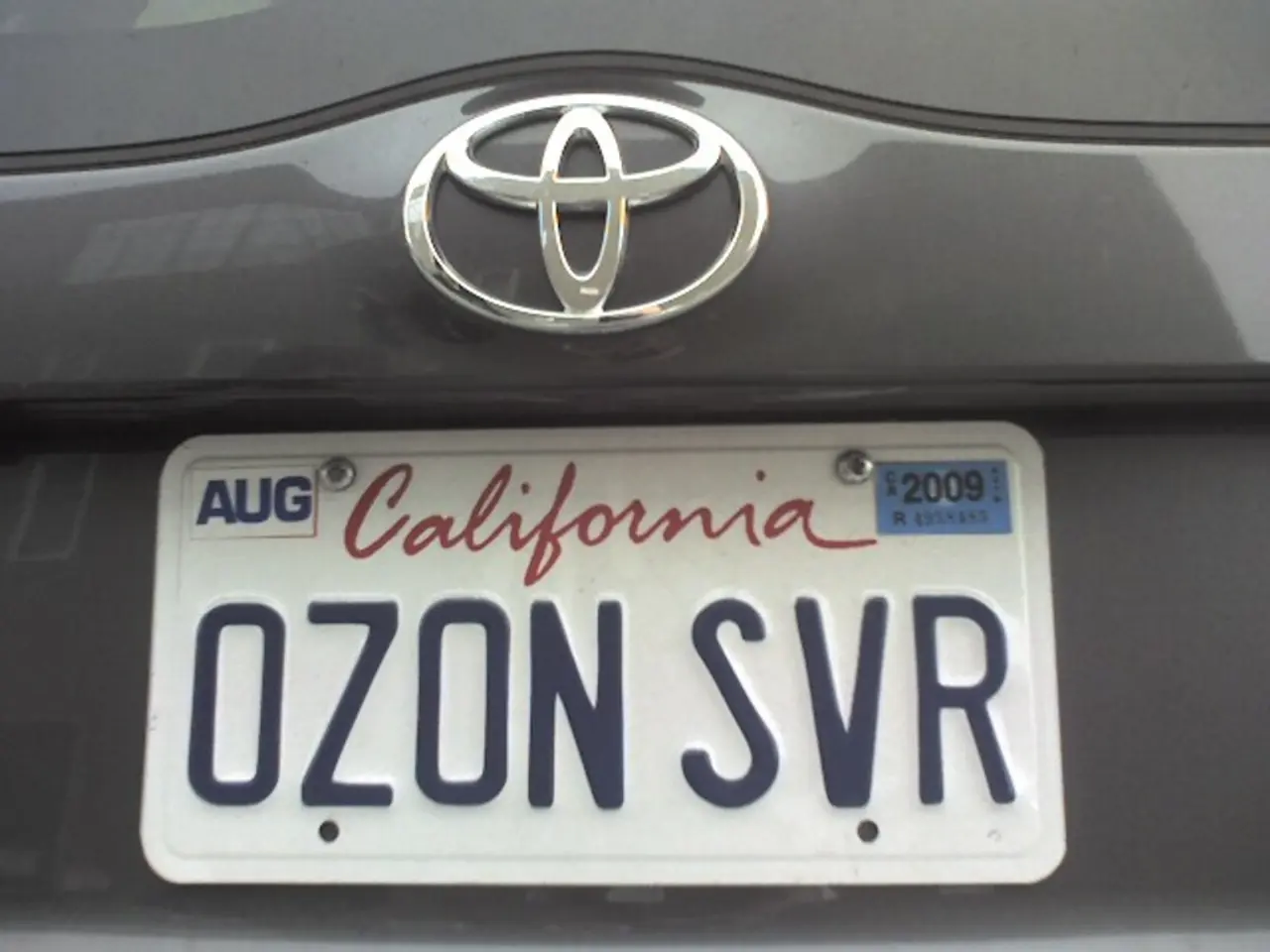Roark Capital's history carries a nuanced portrayal, marked by both successes and controversies.
In the dynamic world of fast food and casual dining, Roark Capital Group has carved out a significant niche, amassing an impressive restaurant portfolio over the years. With system-wide sales reaching an impressive $52.2 billion in 2024, the firm is hot on the heels of industry giant McDonald's, despite McDonald's much higher market capitalization.
One of Roark's most recent acquisitions is Subway, which it purchased in 2023 following a bidding war. Prior to the deal, Subway had experienced three years of sales growth and positive global net restaurant growth. However, in 2024, the chain closed more than 600 domestic stores, dropping below 20,000 U.S. outlets for the first time in 20 years.
On a more positive note, Roark's acquisition of Dave’s Hot Chicken in 2025 for about $1 billion has been a resounding success. The brand demonstrated rapid growth, with U.S. sales increasing 57% in 2024 to $617 million and system-wide sales projected at $1.2 billion in 2025. This trajectory highlights Roark's strategy of scaling fast-casual, high-margin concepts for global expansion.
Other brands in Roark's portfolio have also shown promising growth. Cinnabon, acquired in 2004, has more than quadrupled in size since the deal. McAlister's Deli, acquired in 2005, has grown system sales by 530% over that period. Culver's, in which Roark made an investment in 2017, has also seen growth since that deal.
However, not all acquisitions have been successful. Naf Naf Grill and Corner Bakery, acquired in unspecified years, were later sold by Roark. Naf Naf's performance was OK but not great, while Corner Bakery never fulfilled its potential and was sold for cheap. Carvel, acquired in 2001, has underperformed significantly, with sales down 75% compared to industry average. Jamba, acquired in 2018, has also underperformed, with sales down 7.5%.
Schlotzsky's, acquired in 2006, has grown by 27% but underperformed the industry by 45%. Hardee's, acquired as part of CKE Restaurants in 2013, has seen global sales decline by 2.4%, while Carl's, also part of CKE Restaurants, has seen total sales increase by 22%, but has struggled domestically.
Roark's restaurant chains have outperformed the chain restaurant industry by 3.5% on average since they were acquired. The firm's brands have grown system sales by an average of 90% since they were acquired. The size of Roark's buyouts has increased over the years, with the 2020 acquisition of Dunkin' for $11.3 billion and the 2023 purchase of Subway for as much as $9.6 billion being two of the biggest in industry history.
Assessing Roark Capital’s performance relative to overall industry growth is complex due to limited public data and the operational complexities inherent in restaurant consolidations. While Roark's acquisitions have produced substantial aggregate sales growth, the firm's performance is hard to quantify precisely. The firm remains a dominant and influential player but faces ongoing scrutiny regarding the effectiveness of its aggressive buyout approach.
In the realms of restaurant finance and industry growth, Roark Capital Group continues to demonstrate significant impact, with aggregate sales growing by an average of 90% since the acquisition of their various brands. Despite the occasional underperforming restaurant chain, such as Carvel and Jamba, the rest of their portfolio has generally outperformed the chain restaurant industry by an average of 3.5%. The firm's strategic acquisitions, like the purchase of Subway and Dave’s Hot Chicken, have contributed to their dominance and influence in the restaurant industry.




